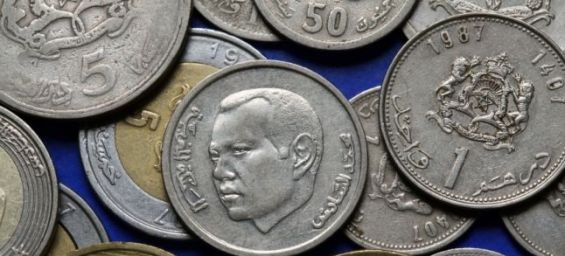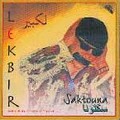As announced earlier this year by the Central bank's governor, and with the help of the International Monetary Fund (IMF), Morocco will liberalize its currency through a reform package. Starting from yesterday and fearing a potential devaluation, economic operators and banks rushed into converting their assets into hard currencies resulting in a potential future crisis that could affect the process taken by the Moroccan Central bank.
As a result, Abdellatif Jouahri, the governor of Bank Al-Maghrib stated during the Central bank's board meeting organized yesterday 20th of June that «the date of the first phase of the plan to liberalize the Dirham currency will start by the end of June but the reform program does not include devaluation».
«I will hold a press conference with the Minister of Finance by the end of June to announce the date for the first phase», Jouahri indicated adding that «provoking a devaluation of the Dirham prior to floating the currency would be counterproductive».
Anticipating devaluation
Indeed, and according to Media24, several operators have anticipated a devaluation days before moving to a more flexible exchange rate which is scheduled to be implemented by the second half of 2017. As the term foreshadows, liberalizing the Dirham would be managed by the Central bank and supervised by the IMF. The first phase to liberalize the currency will be gradual as the Central bank would intervene to limit excessive fluctuations.
Speaking to Najib Akesbi, an economist, he indicated that liberalizing the Dirham is already showing negative impacts. According to him the step could have «serious to damaging impacts on the national economy» adding that «the main source of our foreign exchange reserves is a source of deficiency and even other sources such as tourism receipts, revenues from Moroccans living abroad, and foreign direct investments are either stagnant or falling back».
For Akesbi, the problem revolves around the deficiency of Morocco’s exchange reserves which will affect the Dirham negatively. He also added that «given the structural deficit, unfortunately the trend can only go towards the depreciation of the Dirham because structurally, companies and economic operators require more access to hard currency and therefore the demand for it goes beyond to that of the Dirham».
Triggering fluctuation
Commenting on the situation that took place yesterday, Akesbi declared that operators are «already in a state of mind of speculation that could increase unhappily triggering a worse situation». «Exchange rates are limited because BAM (Bank Al-Maghrib) has to keep reserves to provide for imports of first necessity products (petroleum products and food) so it is necessary to keep foreign exchange reserves», the economist concluded. Liberalizing the Dirham can take a different path than the one expected by the Central bank. An example would be Egypt which suffered for months from fluctuation.
On the same topic, Anfass Démocratique, a Moroccan association has issued a report on the 5th of January 2017 pointing out the negative impacts that could be triggered by the Dirham’s liberalization. According to Anfass’ survey, the program has been strongly «recommended» by international organizations such as the World Bank and the International Monetary Fund.
The association that put a range of arguments which, according to them, prove the inefficiency of the process voices its rejection of the liberalization of the Dirham stating that : «We refuse the steps that stipulate the preparation in closed offices of reforms that will shape the lives of our fellow citizens. We consider that the economy is first of all a political subject and the economic decision must be subordinate to political approval in a democratic manner».
On Monday, Fitch Ratings said that Morocco’s liberalization of the Dirham would have little impact on banks. Floating the currency gradually will help secure the process as the value of the Dirham will be managed carefully by the Central bank.





 chargement...
chargement...













